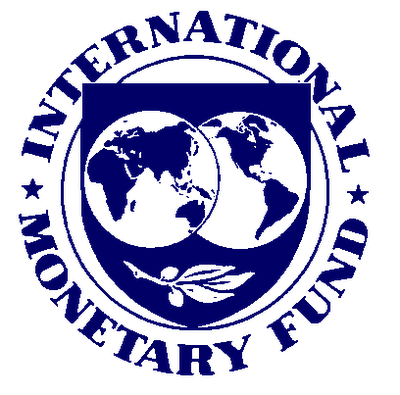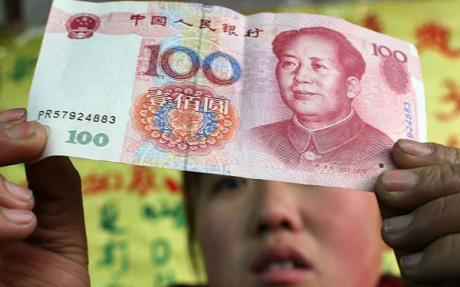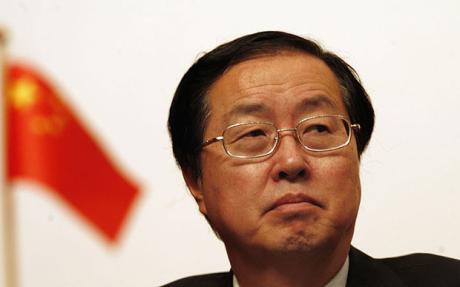Our Financial Dependence on China
During President Obama’s high profile visit to China this week, the most frequently discussed, yet least understood, topic was how currency valuations are affecting the economic relationship between the United States and China. The focal problem is the Chinese government’s policy of fixing the value of the renminbi against the U.S. dollar. While many correctly perceive that this ‘peg’ has contributed greatly to the current global imbalances, few fully comprehend the ramifications should that peg be discarded.
The common understanding is both incomplete and naive. Most analysts simply see the peg as China’s principal weapon in an economic struggle for global ascendancy. The peg, they argue, offers China a competitive advantage by making its products cheaper in U.S. markets, thus allowing Chinese firms to gobble up market share and steal jobs from U.S. manufacturers. The thought is that were China to allow its currency to rise, American manufactures would regain their lost edge, and both manufacturing firms and the jobs formerly associated with them would return. In this narrative, the struggle centers on the United States’ diminishing leverage in persuading the Chinese to lay down their unfair weaponry. It’s a sympathetic picture, but it tells the wrong story.
While the peg certainly is responsible for much of the world’s problems, its abandonment would cause severe hardship in the United States. In fact, for the U.S., de-pegging would cause the economic equivalent of cardiac arrest. Our economy is currently on life support provided by an endless flow of debt financing from China. These purchases are the means by which China maintains the relative value of its currency against the dollar. As the dollar comes under even more downward pressure, China’s purchases must increase to keep the renminbi from rising. By maintaining the peg, China enables our politicians and citizens to continue spending more than they have and avoiding the hard choices necessary to restore our long-term economic health.
Contrary to the conventional wisdom, when China drops the peg, the immediate benefits will flow to the Chinese, not to Americans. Yes, prices for Chinese goods will rise in the United States — but so will prices for domestic goods. As a corollary, the Chinese will see falling prices across the board. As anyone who has ever been shopping can explain, low prices are a good thing.
Read morePeter Schiff: The Truth Behind China’s Currency Peg





